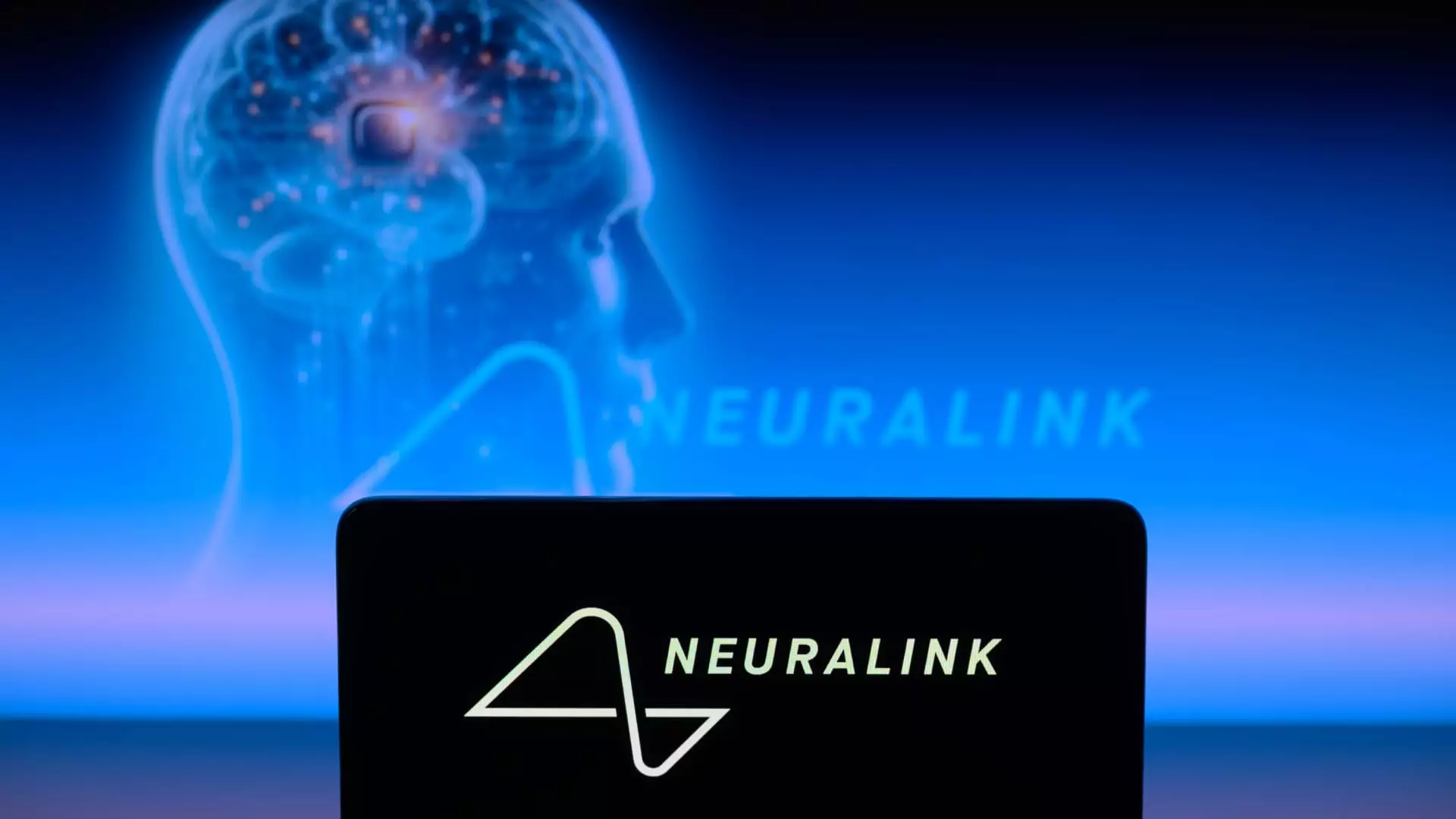Elon Musk’s Neuralink has been making waves in the medical and technological fields with its groundbreaking brain implant technology. Recently, the company streamed a live video showcasing the first human patient, Noland Arbaugh, using the device to control a computer and play chess. This development has sparked interest and excitement, but also raised critical questions about the future implications and challenges of such technology.
Neuralink’s brain-computer interface (BCI) is designed to interpret neural signals and translate them into commands for external technologies. The goal is to assist patients with severe paralysis in controlling devices and engaging in activities using only their minds. While this concept is not entirely new, Neuralink’s high-profile status, thanks to Musk’s involvement, has brought significant attention to the field.
Dr. Nader Pouratian, a renowned expert in neurological surgery, emphasized that BCI technology has been in development for years. While the demonstration by Neuralink is impressive, there are still practical challenges that need to be addressed. Interpreting and analyzing brain signals accurately, and making them useful for patients, is a complex process that requires continuous research and innovation.
Neuralink’s journey towards commercializing its brain implant technology includes conducting clinical trials to assess its safety and efficacy. The company started recruiting patients for its first in-human trial after receiving FDA approval. However, the lack of transparency about the trial’s details, such as the number of participants and the specific outcomes being studied, raises concerns about accountability and the dissemination of crucial information to the public.
Dr. Marco Baptista, from the Christopher & Dana Reeve Foundation, highlighted the importance of scientific validation for emerging medical devices like Neuralink’s BCI. While there is hope for the positive impact of such technology on patients with paralysis, skepticism remains regarding the need for traditional scientific reports and peer-reviewed publications to verify the claims made by Neuralink.
Neuralink’s brain implant technology has the potential to revolutionize the way patients with severe paralysis interact with the world around them. However, as with any groundbreaking innovation, there are significant challenges and ethical considerations that must be addressed. Transparency, scientific validation, and ongoing research are essential to ensure the safety and effectiveness of Neuralink’s BCI technology as it progresses towards wider adoption and commercialization.


Leave a Reply